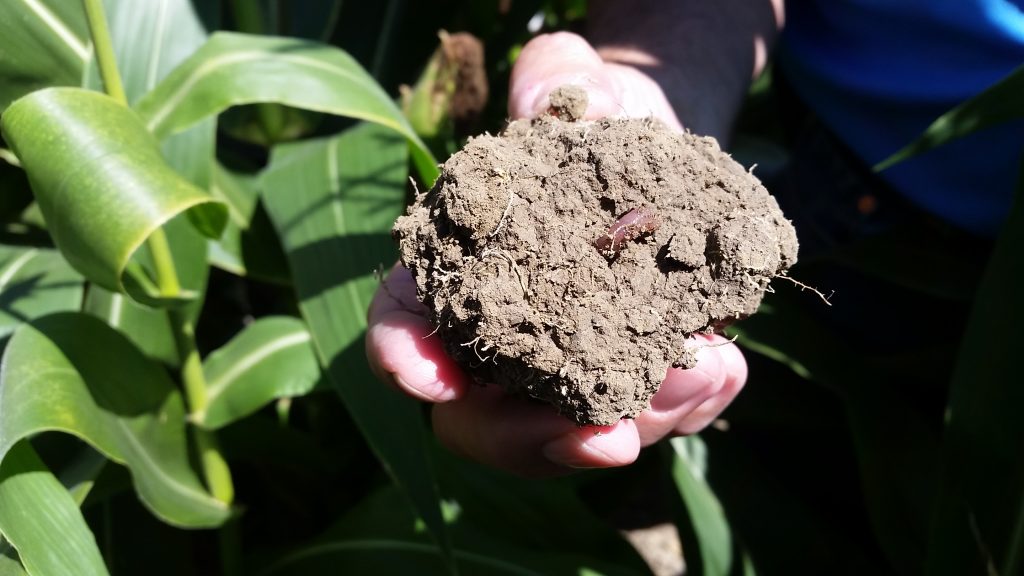The Role of Soil in Ecosystem Services
Soil is at the foundation of key ecosystem services that sustain life on Earth. These essential services include the products we obtain from soil (food, fiber, building materials, medicine, clean water, and more) and the soil processes that underpin them. Soils are dynamic porous mediums that support plant growth, cycle nutrients, house an incredible diversity of soil organisms, regulate water resources, and influence the climate.
Soil Health Challenges in New York
Farm productivity and sustainability in New York State are limited by two major soil health constraints: Soil compaction and loss of organic matter. These soil constraints can severely impact crop productivity, farm sustainability, and environmental quality. However, management practices can be adjusted to alleviate these problems and provide additional benefits.
Building Healthy Soils Through Management
By planting cover crops, using crop rotation strategies, reducing tillage, and using organic amendments (such as manure, compost, or biochar), farmers can help improve the biological, physical, and chemical functioning of the soil. These practices can build resilience to weather extremes by reducing erosion, improving water holding capacity, while also promoting nutrient retention and suppression of weeds and diseases.
What Is Soil Health?
Defining soil health and determining how to measure it have become increasingly important as we attempt to remediate degraded soils and monitor our progress. We rely on the widely accepted and succinct definition of soil health proposed by the USDA Natural Resources Conservation Service (NRCS):
Soil Health Benchmarks for New York Farmers
In response to the Soil Health and Climate Resiliency Act, Cornell researchers developed voluntary soil health benchmarks tailored to New York’s diverse regions, soils, and crops. Based on statewide field data and lab analysis, these benchmarks help farmers set realistic, aspirational targets using biological and physical indicators. The 90th percentile values represent the top-performing soils by production environment, guiding management decisions while supporting long-term soil function and farm resilience.
Learn More: Policy Brief and Benchmark Access
The “Soil Health Benchmarks for New York State Farms” policy brief is available here. The complete benchmarks can be accessed through an open-access publication and the New York Soil Health website.
Measuring Soil Health with the CASH Framework
Cornell’s Comprehensive Assessment of Soil Health (CASH) is a publicly available soil health test that identifies major constraints and provides a framework for effective management planning. Soil health can be measured through indicators and management practices can be adjusted to alleviate specific soil-related problems. Learn more about Cornell’s Comprehensive Assessment of Soil Health at http://soilhealth.cals.cornell.edu/.
